 |
| April 27, 2021 |
 |
| |
| |
| |
| |
| |
| |
| |
| |
| |
| |
| |
| |
FROM THE STORE
 | |
Stressed Out: Causes, Effects and Keeping Calm Chronic stress makes people sick. The fight-or-flight response activates our bodies to face immediate threats, but that stress system must turn off to allow organs to recover. Constant anxiety keeps the system active, and in this eBook, we examine the effects of ongoing stress and trauma on both body and mind as well as ways to arm ourselves against adversity by managing stress and building resilience. |  | | |
| |
FROM THE ARCHIVE
 | | | |
| |
LATEST ISSUES
 |
| |
| Questions? Comments?  | |
| Download the Scientific American App |
| |
| |


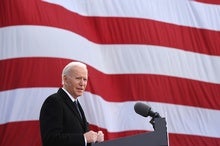
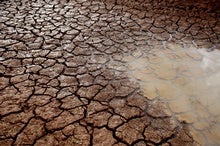
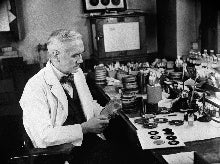

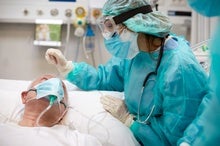
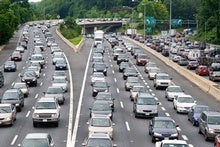
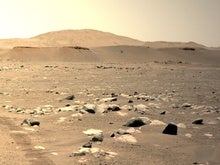
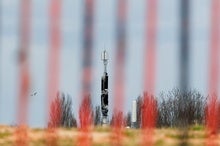

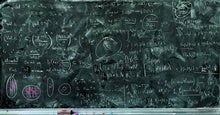
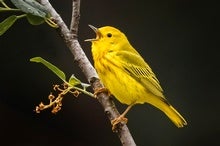
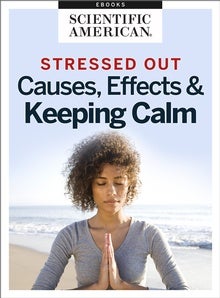



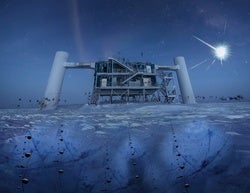
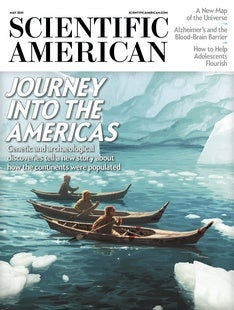

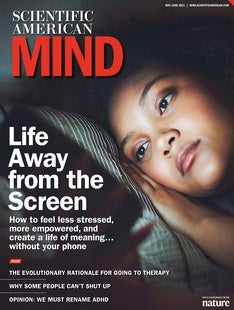
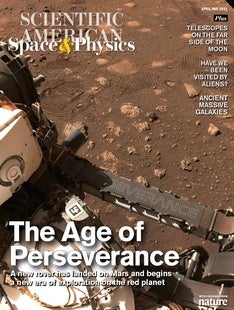
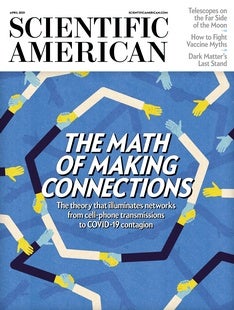



Comments
Post a Comment